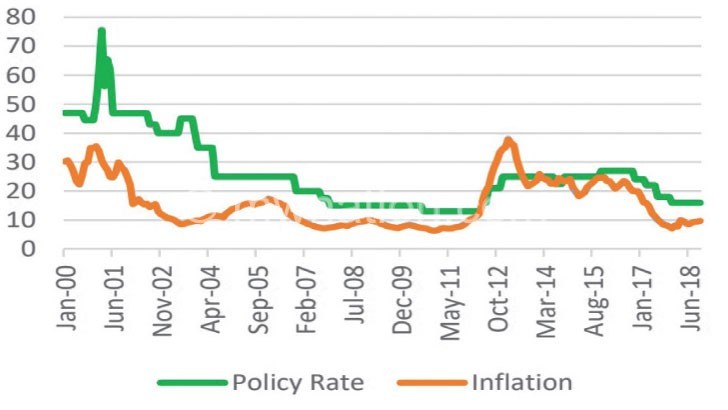Economists delve into policy stance
Economics Association of Malawi (Ecama) says there is need for incentivising productive industries to support productive sectors, if the present monetary policy measures are to bear fruits.
In an a paper titled What Does the Downward Revision of the Policy Rate Mean to the Malawi Economy made available to Business News, Ecama argues that in the long run inflation and interest rate exhibit a positive relationship, which means a sustained decline in inflation is supposed to be followed by a decline in interest rates.

According to Ecama, the development is expected to spur economic growth from increased investments especially in real sector, as it allows entrepreneurs and investors to venture into business with more economic returns at a lower cost of financing.
“It is generally argued that access to and cost of finance remains a major bottleneck to doing business in the country. The decline in cost of borrowing is, therefore, expected to allow new borrowers to borrow from banks to finance their investments.
“It is observed that most small and medium enterprises and even some large enterprises fail to expand their operations or production due to lack and cost of finance. It is, therefore, expected that the reduction in base lending rates will unlock and unleash the finances,” reads the statement in part.
Available figures by the Reserve Bank of Malawi (RBM) indicate that more credit went to wholesale and retail trades at 26 percent than to agriculture at 23 percent, followed by manufacturing at 19 percent between January 2017 and November 2018.
RBM spokesperson Mbane Ngwira in an earlier interview said the recent monetary policy measures would help spur economic growth.
Earlier, Bankers Association of Malawi (BAM) chief executive officer Violette Santhe, while emphasising that measures taken by RBM were expected, said they will not achieve much in terms of economic development of the country in the absence of sound fiscal policy.
She said BAM member banks will simulate the impact of the move on their business and will individually react based on the effect of this policy move on their balance sheets.
The monetary policy decisions that Governor Dalitso Kabambe announced at a press conference in Blantyre a fortnight ago pushed the policy rate from 16 percent to 14.5 percent and Lombard Rate from 200 basis points to 40 basis points above the policy rate to 14.9 percent.
Further, the central bank, having noted that previously policy rate adjustments were not fully transmitted to the rest of the economy, instructed banks to use the Lombard rate as the base lending rate.





